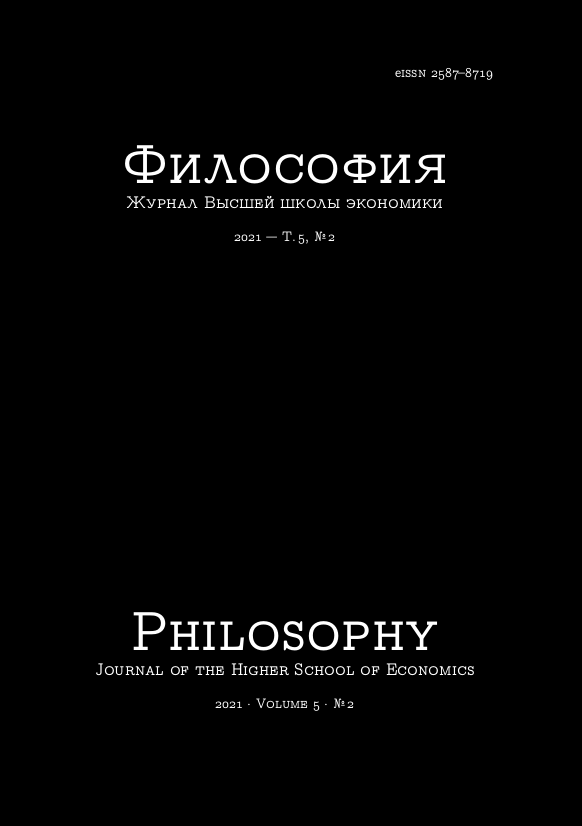What is “Restrained” by the katechon? The Finitude of the State in Conservative and Socialist Thought
Abstract
The concept of katechon (“that which withholds”), essential to both the theological tradition and modern political philosophy, originates in Second Thessalonians by Paul the Apostle. This withholding force which resists the coming of the end times has often been identified with the Roman Empire (and later with the Christian imperial state), the latter seen as a protected space that enabled the spread of the Good Tidings. This mission of containment, on the one hand, endowed the state with a sacred character, but on the other, it marked the state's finitude and imperfection. By withholding time, the katechon does not remove but preserves contradictions and heterogeneity, accepting its incompleteness as the burden of its own mission. In its secularized form, the restraining state conceives of society as an antagonistic space of struggle and conflict, and the function of political power is linked to the establishment of a temporal equilibrium with historically contingent and relative forms. In conservative thought, the katechon state guards society from unifying equality and rationalization, and individuals from the illusion of perfection and moral harmony. The understanding of the state as a force that rises above the disparate elements of society and preserves it against its inherent chaos was also at the core of the Marxist concept of the state. This article, based on a wide range of authors (T. Hobbes, K. Marx, K. Schmitt, K. Leontiev, D. Agamben) will consider conservative and leftist interpretations of the state, which accept and develop the idea of katechon and its interpretations not directly connected with the concept of state power.
Downloads
Copyright (c) 2021 Philosophy. Journal of the Higher School of Economics

This work is licensed under a Creative Commons Attribution-NonCommercial 4.0 International License.






